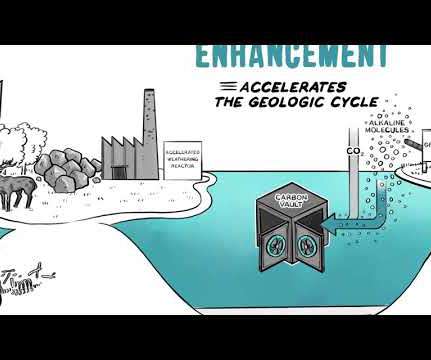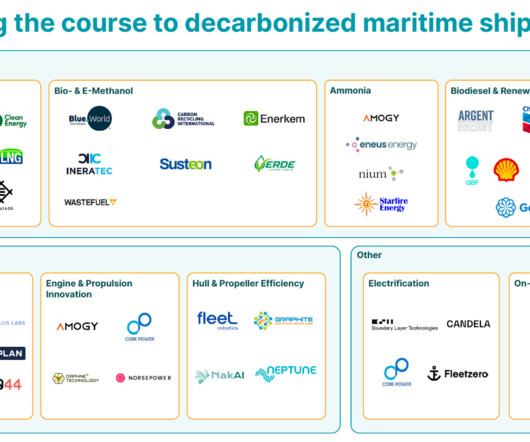Leveraging the ocean's carbon removal potential
GreenBiz
NOVEMBER 11, 2020
In addition to these opportunities, a range of ocean-based carbon removal approaches could help capture and store billions of tons of carbon. Importantly, these approaches would not increase ocean acidification. The ocean absorbs just under one-third of anthropogenic CO2 emissions, contributing to a rise in ocean acidification.














Let's personalize your content